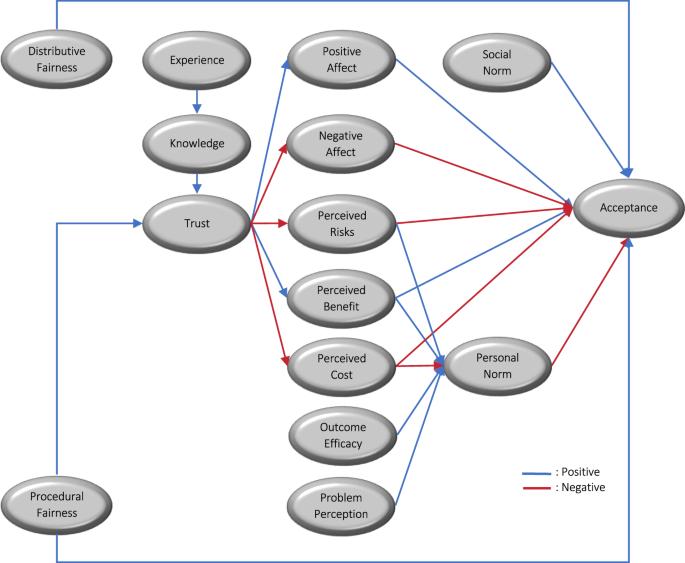Improving the climate resilience of European cities via socially acceptable nature-based solutions
IF 9.1
Q1 ENVIRONMENTAL STUDIES
引用次数: 0
Abstract
Introducing nature based solutions (NBS) into urban areas is a challenging task for climate change mitigation and adaptation. However, the impact and effectiveness of NBS contingent upon the social acceptability of implemented measures. This study uses a dynamic and adaptive social acceptance framework that shows how data-driven science can inform the integration of NBS into cities while also ensuring that the public embraces these solutions. We apply the framework to four different cases: METU Forest in Ankara, Tisza River Bank in Szeged, Forest Garden in Alcalá de Henares, and Quarries in Milan. The results indicate that the key factor affecting social acceptance are procedural and distributive fairness, perceived risks, costs and benefits, knowledge, experience, and personal norms. Perceived benefit is the single common driver that directly affects social acceptance across the four case studies. Understanding the risk and benefits of an NBS and developing personal norms related to the environment will contribute to the improvement of resilience.

通过社会可接受的基于自然的解决方案提高欧洲城市的气候适应能力
在城市地区引入基于自然的解决方案(NBS)是减缓和适应气候变化的一项具有挑战性的任务。然而,NBS 的影响和有效性取决于社会对所实施措施的接受程度。本研究采用了一个动态和适应性的社会接受度框架,该框架展示了数据驱动的科学如何在确保公众接受这些解决方案的同时,为将基于自然的解决方案纳入城市提供信息。我们将该框架应用于四个不同的案例:安卡拉的 METU 森林、塞格德的 Tisza 河岸、阿尔卡拉德埃纳雷斯的森林花园和米兰的采石场。结果表明,影响社会接受度的关键因素是程序和分配公平性、感知风险、成本和收益、知识、经验和个人规范。在四个案例研究中,感知收益是直接影响社会接受度的唯一共同驱动因素。了解非核心预算系统的风险和益处,并制定与环境相关的个人规范,将有助于提高抗灾能力。
本文章由计算机程序翻译,如有差异,请以英文原文为准。
求助全文
约1分钟内获得全文
求助全文

 求助内容:
求助内容: 应助结果提醒方式:
应助结果提醒方式:


